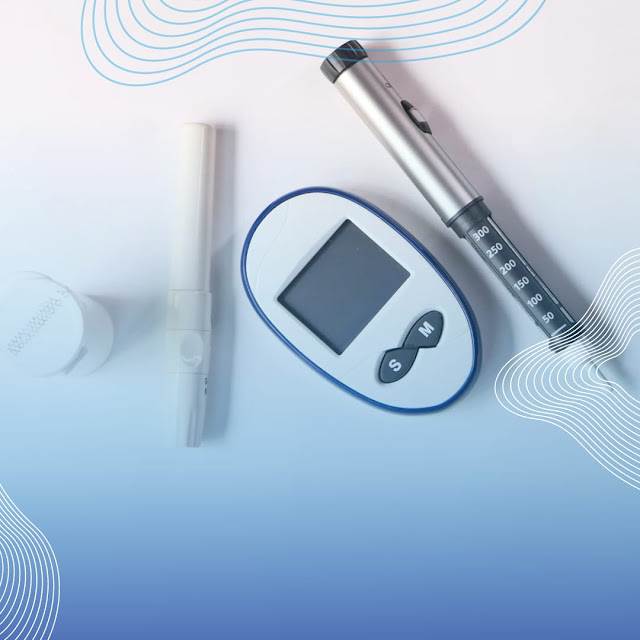Types of diabetes
Types of diabetes
Diabetes is a chronic medical condition characterized by high levels of sugar (glucose) in the blood. This condition develops as a result of the body's inability to produce or effectively use insulin, a hormone produced by the pancreas that regulates blood sugar levels. There are two main types of diabetes: type 1 and type 2.
Type 1 diabetes, also known as juvenile diabetes or insulin-dependent diabetes, is caused by the destruction of the insulin-producing cells in the pancreas. As a result, individuals with type 1 diabetes must rely on daily insulin injections to regulate their blood sugar levels. This type of diabetes usually develops in childhood or adolescence and represents approximately 5-10% of all diabetes cases.
Type 2 diabetes, on the other hand, is the most common form of diabetes, accounting for 90-95% of all cases. It typically develops in adulthood and is caused by a combination of genetic and environmental factors, such as being overweight or inactive, and having high blood pressure. In type 2 diabetes, the body becomes resistant to insulin, and the pancreas may not produce enough insulin to keep up with the body's demands.
Both types of diabetes can lead to serious health complications if not properly managed, including heart disease, stroke, nerve damage, eye problems, kidney disease, and foot problems.
To manage diabetes, individuals must maintain a healthy lifestyle, including regular physical activity, a balanced diet, and taking medications as prescribed by a healthcare provider. Additionally, monitoring blood sugar levels regularly is crucial to prevent high or low blood sugar episodes.
If you have any of the following diabetes symptoms, see your doctor about getting your blood sugar tested:
Urinate (pee) a lot, often at night.
Are very thirsty.
Lose weight without trying.
Are very hungry.
Have blurry vision.
Have numb or tingling hands or feet.
Feel very tired.
Have very dry skin.
In conclusion, diabetes is a serious medical condition that affects millions of people worldwide. It is important for individuals to be aware of the symptoms and risk factors for diabetes, and to take steps to manage the condition to prevent serious health complications.
If you suspect that you or a loved one may have diabetes, it is important to consult a healthcare provider for proper diagnosis and treatment.





Comments
Post a Comment